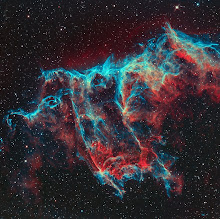Whether it is deliberate election malpractice or a domestic coup orchestrated by a nation’s army, there is a miniature-sized trend transpiring in the world today. States that seem to have accepted the democratic model as their system of government have opted to betray its basic principles and values.
Earlier this month, the world bared witness to Iranian voters viscerally taking to the streets engendered by the actions of their heads of state, whose hands run red with the blood of election fraud. Now, in South America, the Honduran Army has unilaterally decided to oust the Honduran President for corruption, charges of malfeasance and undemocratically rewriting the Honduran constitution.
Both nation's have denied the citizens of those nations their right as stated in their respective constitutions to elect a representative. Nullifying votes is the first symptom indicating that there is much needed change to the way those governments do business.
Any society with a hint of dictatorship will fail and continue to fail. If societies are to function properly in the 21st century, government nor the military can continue to ignore or deny the word of the people.
This may be a crisis for the surrounding countries in South America, but some good can come out of this if handled properly. In the Watcher's eyes, when parsed correctly, the best solution to the situation involves the notion that Honduras must be made an example of. World leaders have already condemned the actions of the Honduran Armed Forces insisting that the behavior of the army has disgraced its reputation internationally, and rightly so. Similarly, President Barack Obama and Secretary of State Hillary Clinton have vehemently called the army’s actions illegal and a betrayal to the democratic constitution. Once again, the U.S. president is making the right moves here by not interfering with Honduran affairs. Similarly, other states should heed the same advice.
The Honduran populace is doing their part by protesting. The biggest mistake the army can do now is turn the country into a military state. Such an action would further isolate Honduras, a country already trounced by a youthful population, poverty and drug trafficking. Although President Manuel Zelaya may have added to the harsh times in Honduras, there is no excuse or justification for the army’s actions.
